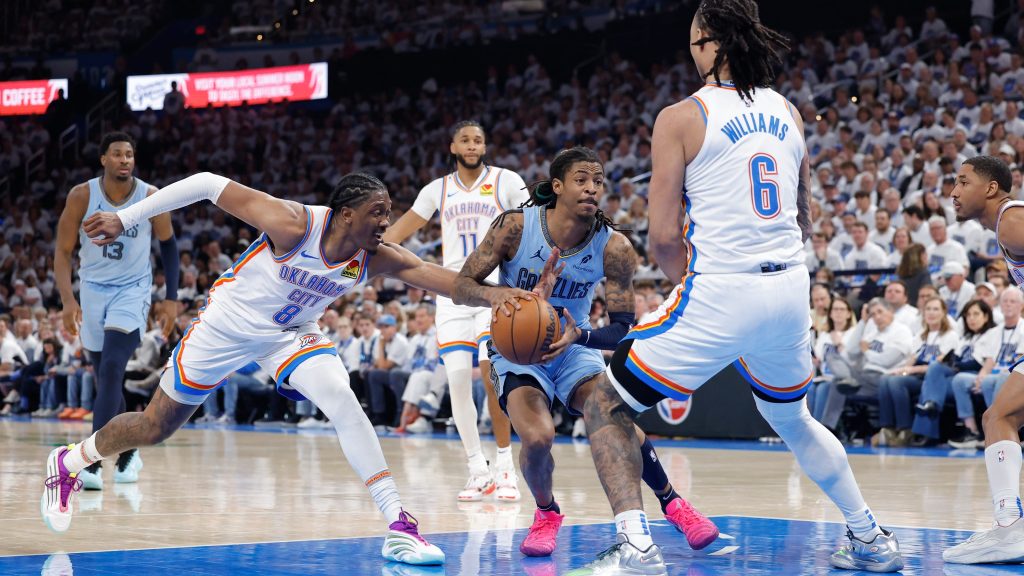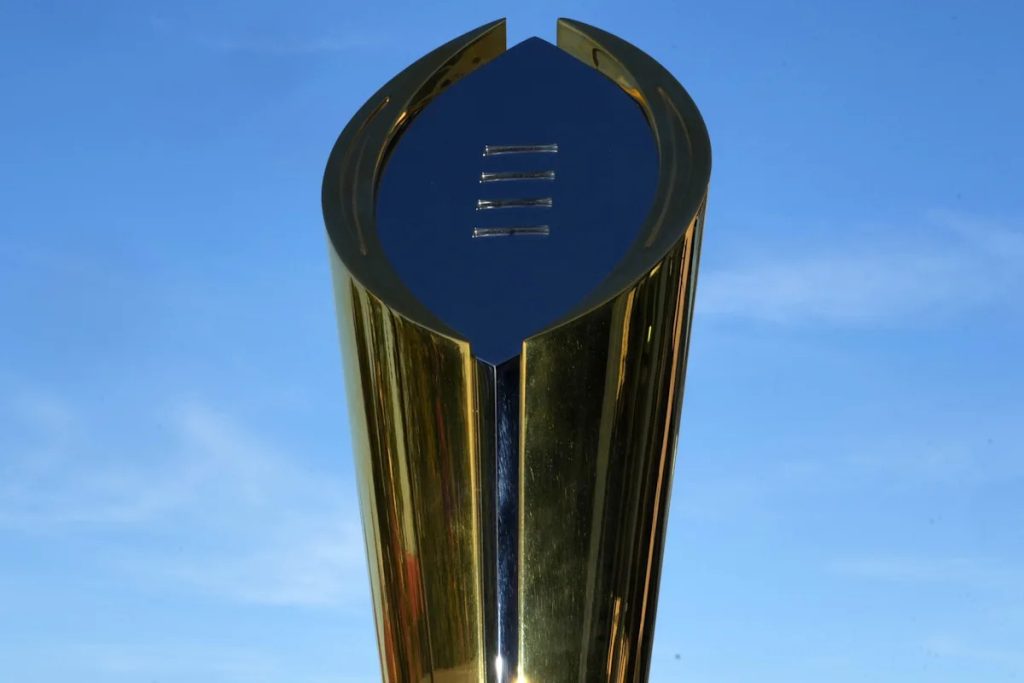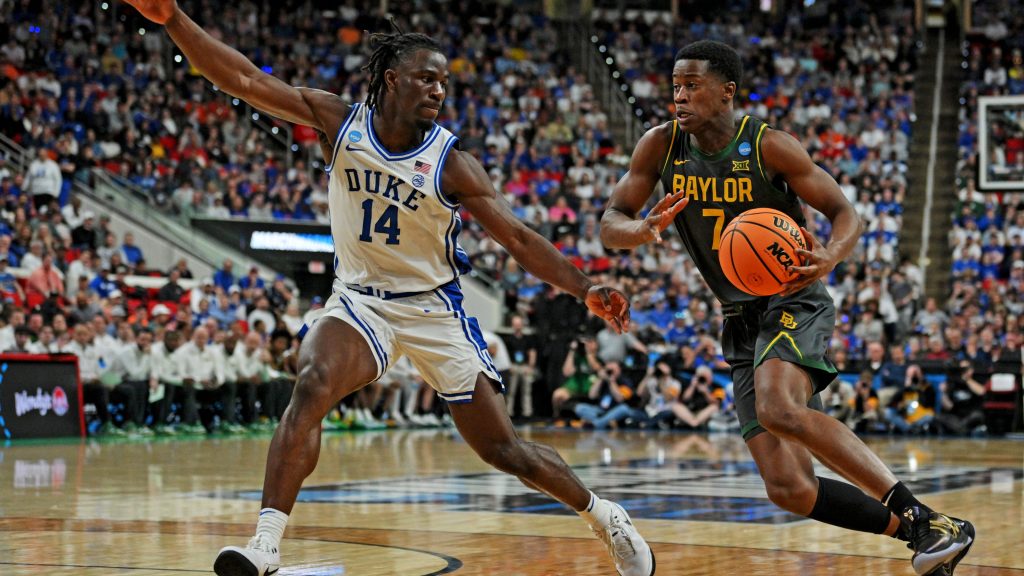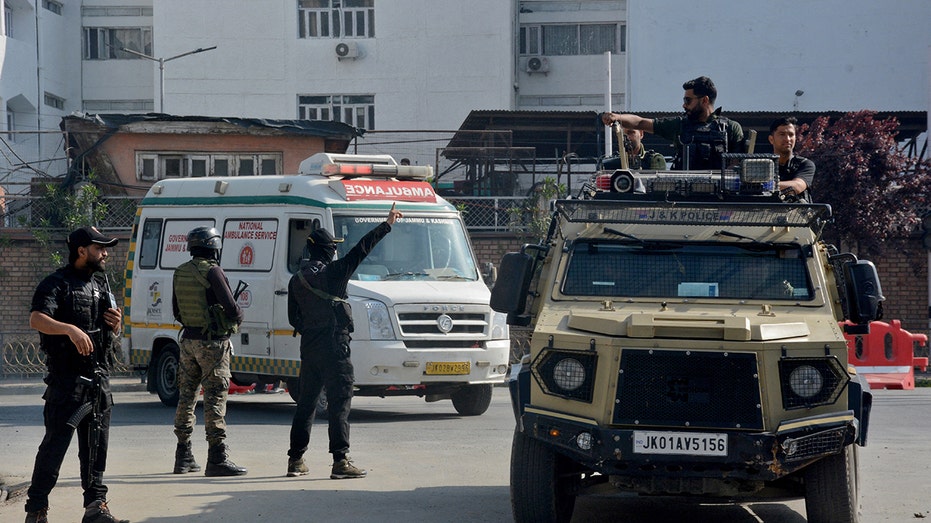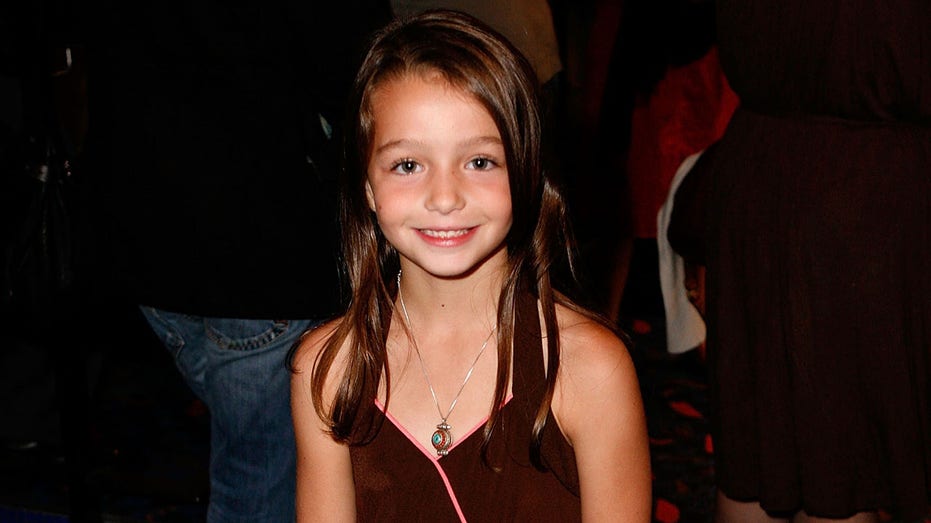Now Reading: Nuclear watchdog urges ‘trust but verify’ that Iran engages in good-faith negotiations
-
01
Nuclear watchdog urges ‘trust but verify’ that Iran engages in good-faith negotiations
Nuclear watchdog urges ‘trust but verify’ that Iran engages in good-faith negotiations
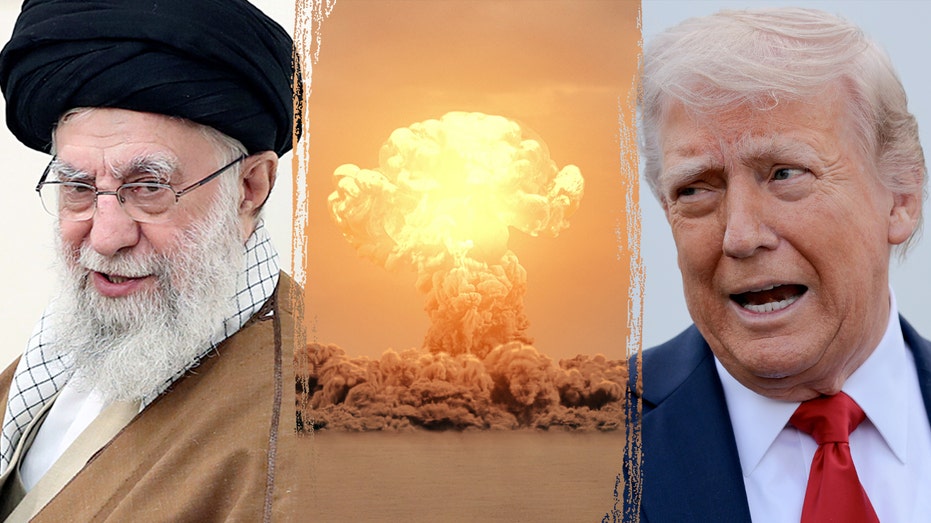
There are still uncertainties surrounding the status of Washington’s nuclear discussions with Iran, but the head of the International Atomic Energy Agency (IAEA) emphasized the need for the international community to “trust but verify” Iran’s involvement in sincere negotiations. Reports indicate that the U.S. and Iran are preparing for a third round of talks this Saturday to address both technical and political aspects of Iran’s nuclear program. While IAEA Director General Rafael Grossi commended the U.S.-Iran talks mediated by Oman, he mentioned that the agency has not been requested to assist in the negotiations yet. Nevertheless, Grossi has been in contact with Middle East envoy Steve Witkoff.
“I think there’s a general expectation that this goes well, and that the agreement is verified by the IAEA,” Grossi mentioned during a press briefing in Washington, D.C. “It’s positive that the United States and Iran are engaging in direct dialogue. We must remain focused on preventing Iran from acquiring nuclear weapons, which is the main goal.”
Grossi highlighted the anticipation, from both the top nuclear agency and world leaders he has communicated with, that the IAEA will play a crucial role in ensuring the credibility and verifiability of the nuclear terms once political agreements are reached between Washington and Tehran. He stressed the importance of the IAEA stepping in at the appropriate time to make the agreements credible and verifiable.
Fox News Digital acquired a draft of a speech that Iranian Foreign Minister Abbas Araghchi was set to deliver at the Carnegie International Nuclear Policy Conference, but the address was never given due to format change requests denied by the host. Araghchi was expected to present Iran as an advocate for nuclear non-proliferation and express that Iran’s stance had been misrepresented.
Grossi cautioned that the U.S. needs to define the objectives of the new deal, considering that Iran has made significant advancements in its nuclear capabilities since the U.S. withdrawal from the JCPOA. Issues such as uranium stockpiles, centrifuge developments, and weaponization capabilities will be key topics in the U.S.-Iran negotiations.
“We have a much more intricate landscape ahead of us,” Grossi warned. “The positive aspect is that we know what we need to examine. We have a distinct perspective on that.”


